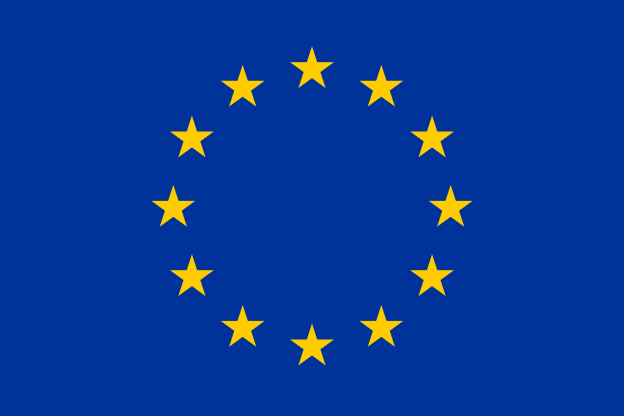Introduction
Well, against all expectations from the pollsters and the bookies (and the bookies are always right, aren’t they?) the UK has voted to leave the EU.
If you’re an EEA national in the UK (or an EEA family member) what should you do?
What happens now?
Ultimately, we don’t know. That may sound unhelpful, but it is a sad consequence of the paucity of the debate over the vote that there was no real discussion as to what was going to happen if the UK voted to leave.
The legal position is (relatively) clear – google Art 50 (there’s a post here, but there’s many others) – but there is already confusion as to what is going to happen and when. When he resigned, Mr Cameron said that it would be for the next Prime Minister to do this (so not before October), but the EU leaders are keen for the UK to get on with it.
Don’t panic …
The laws today are the same as they were on Wednesday 22nd June 2016 – we haven’t withdrawn from the EU, EU law is still part of UK law, and you have the full panoply of Freedom of Movement rights.
It will take a long while to unpick the relationship with the EU, and this will take time. In theory the UK could clamp down tomorrow on free movement rights, but that would put the UK in breach of its international obligations and is unlikely.
In addition, working out what to with the 3 million EU citizens is not an easy task.
So, right now, although there is understandably anxiety, there is no need to panic.
… but do plan
Like it or lump it, the UK has voted to leave. Although of course things could change, it is overwhelming likely that that is it, and the UK will be out – it’s best to discount second referendums, etc, and plan for the future.
It’s difficult, because so much is up in the air. It may be that the UK decides it has to have access to the EU internal market which may mean not only that the UK has to grant the same freedom of movement rights as now, but they may have to go further and sign up to Schengen (which would be ironic).
Whatever happens, we can be reasonably confident of two things – (1) there will be provision for many EU citizens to remain under the Immigration Rules, and (2) some people who are in the UK exercising treaty rights will be excluded.
For example, someone from Germany working at a bank in the City will probably have no problems, even if she has to go through more hoops and paperwork. It would be surprising if there was not some sort of blanket position for some people – a provision that grants categories of people leave to remain, or something similar, automatically.
On the other hand, someone who is an American citizen with a history of overstaying and/or who has committed offences but is in the UK based on a marriage to a German may be in a pretty precarious position.
It is worth seeing if you can apply for British citizenship (a complicated area of law), as if you have that, then you’re probably safe.
Even if not, then it is worth checking your position and seeing if you could or should apply for a Residence permit, or to see what your position would be under the Immigration Rules.
Should I dust off my tartan?
Politically, Scotland has become more and more a different country. Even before the SNP laid waste to every other party in the 2015 election, it was a different beast. And in the Referendum, Scotland voted overwhelming to stay in the EU.
This may trigger another referendum in Scotland, or throw a spanner in the UK leaving. Again, who knows?
But, it’s not beyond the realms of possibility that Scotland becomes an independent country that is in the EU (with all the benefits that brings), but in some sort of free trade/Common Travel Area with the rump of the UK, and possibly the Channel Island and the Isle of Man, which may make Scotland (a lovely country in any event) an even more attractive place.
What about the ECHR?
This is separate from the EU and the UK pulling out of the EU doesn’t, of itself, mean that we will leave the ECHR, although there may be renewed political pressure.
This means that Art 8 arguments may still be used to challenge removal. Again, this is a complicated area, and the protection offered by Art 8 is less than that of the EU. But it is better than nothing.
Any other thoughts?
Just one – if anyone says that they know what will happen, or what the legal position is, then ignore them. This is unchartered territory. David Cameron and Boris Johnson don’t know what is happening, and if even they don’t then certainly nobody else will.
*update* – this will probably change as events will move quickly. For example, it seems that Jersey will give some form of residual rights to EU nationals living there. What impact will this have? Probably very little, but it is an example of one of the many, many things that had probably not been considered.
Also – I should have made it clearer that the position of Irish Citizens will probably be very different due to the historical arrangements between the UK and Ireland which pre-date the EU.

